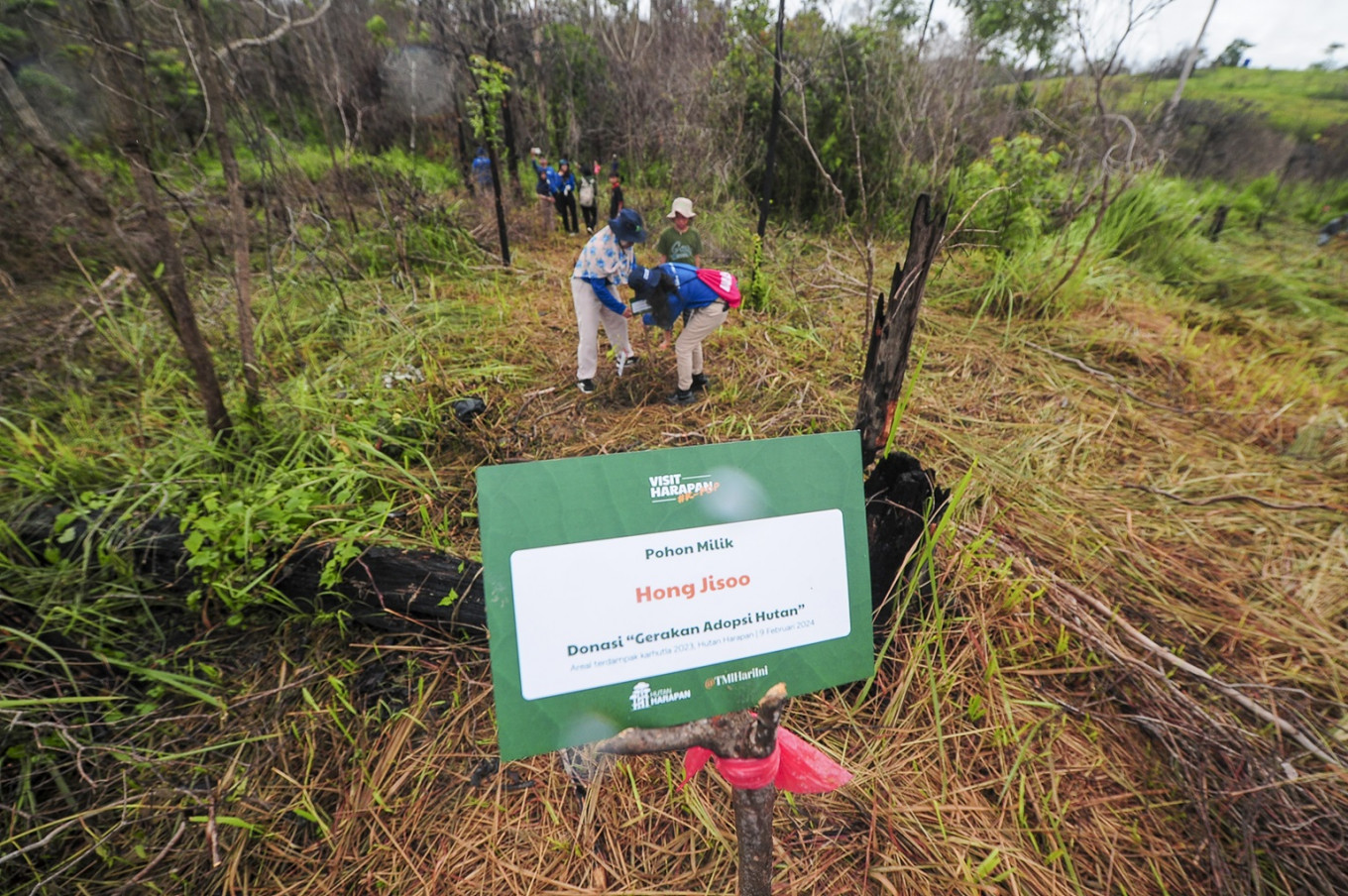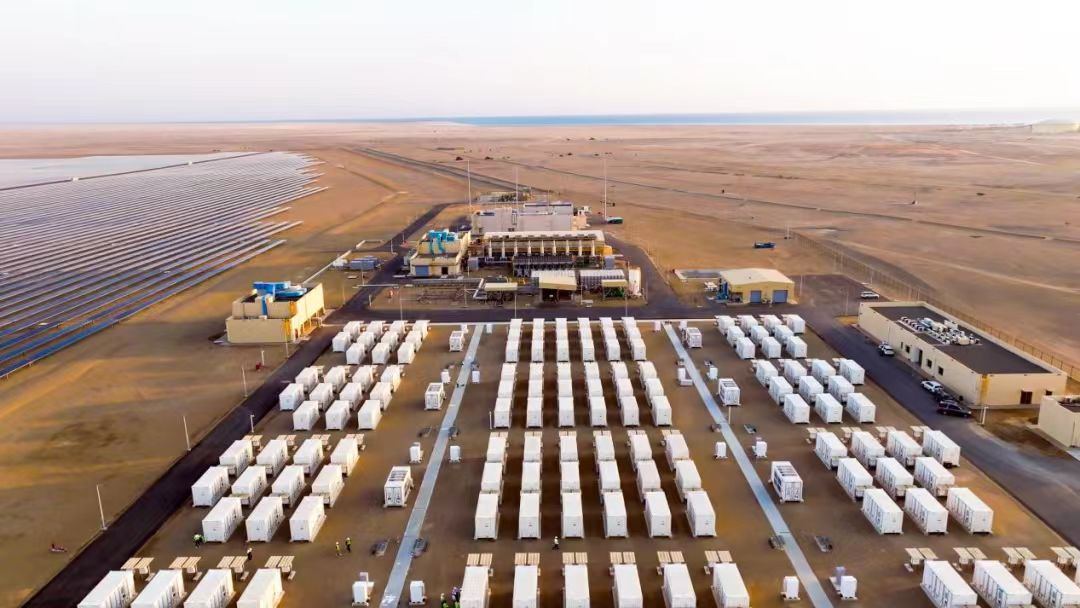
Indonesia Unveils Just Transition Plan at UN, Advocates Climate Justice for Developing Nations
Berita Baru, Jakarta – Indonesia is stepping up as a key player in shaping the global climate narrative, particularly for developing nations. During the 79th United Nations General Assembly, held from Sept. 20 to 28 at the UN headquarters in New York, Indonesia showcased its commitment to a just and clean energy transition through the presentation of its Indonesian Just Transition White Paper, reported from The Jakarta Post page on Sunday (29/9/2024).
That white paper lays out Indonesia’s unique approach to achieving a balanced energy transition, offering a blueprint for other developing countries to follow. It highlights the challenges faced by nations with large populations living below the poverty line, emphasizing that climate actions must be tailored to uplift these vulnerable communities.
“Our climate actions must work to support these people, not further disadvantage them,” said Roy Arman Arfandy, a member of Indonesia’s National Energy Transition Task Force.
The paper, produced by Indonesia’s National Energy Transition Task Force (Satgas TEN) and other key stakeholders, outlines the country’s plans to ensure that the transition to clean energy is not only environmentally sustainable but also socially equitable. This includes efforts to create better jobs and provide targeted social protections for those affected by the phasing out of coal.
According to a report by the Institute for Essential Services Reform (IESR), Indonesia could lose between 25,000 to 252,000 jobs by 2050 due to the transition away from coal, especially in coal-dependent regions like Muara Enim in South Sumatra and Paser in East Kalimantan. The report warns that without intervention, these regions could lose over Rp 96.9 trillion ($6.4 billion) in revenue. More than half of their gross regional domestic product is tied to coal mining, making economic and social disruptions inevitable without a solid plan.
The white paper calls on all stakeholders to support communities through the transition, ensuring that new job opportunities in clean energy generation and transmission are available to those most impacted.
“It is crucial to ensure that these communities are not left behind and are fully supported during this transition,” said Arfandy.
A key feature of Indonesia’s plan is its focus on gender equality. Women and disadvantaged groups, who are often more vulnerable to climate change, are a central part of the country’s strategy. The UN Women report suggests that by 2050, climate change could push 158 million more women and girls into extreme poverty, and 232 million could face food insecurity. The UN Environment Programme estimates that 80 percent of people displaced by climate change are women and girls, making their inclusion in the energy transition process essential.
As Indonesia aims to become the world’s fourth-largest economy by 2050, the country faces the challenge of balancing robust economic growth with the urgent need for a just and clean energy transition. The National Development Planning Agency (Bappenas) has warned that Indonesia could experience a potential GDP loss of 3.54 percent by 2050 if its energy system is not transformed.
The Indonesian Just Transition White Paper serves as a guide for future policies and a declaration of intent to balance environmental sustainability with economic growth. It reinforces Indonesia’s leadership in climate advocacy for the developing world, ensuring that global climate actions reflect the needs of all, particularly the most vulnerable.
As Arfandy noted, “This is the other side of the story—the developing world’s side—and it’s time for the world to listen.”
The document is not just a roadmap for Indonesia but a reference point for other nations seeking to redefine the global climate action narrative, offering a model of climate justice that prioritizes social equity alongside environmental responsibility.







